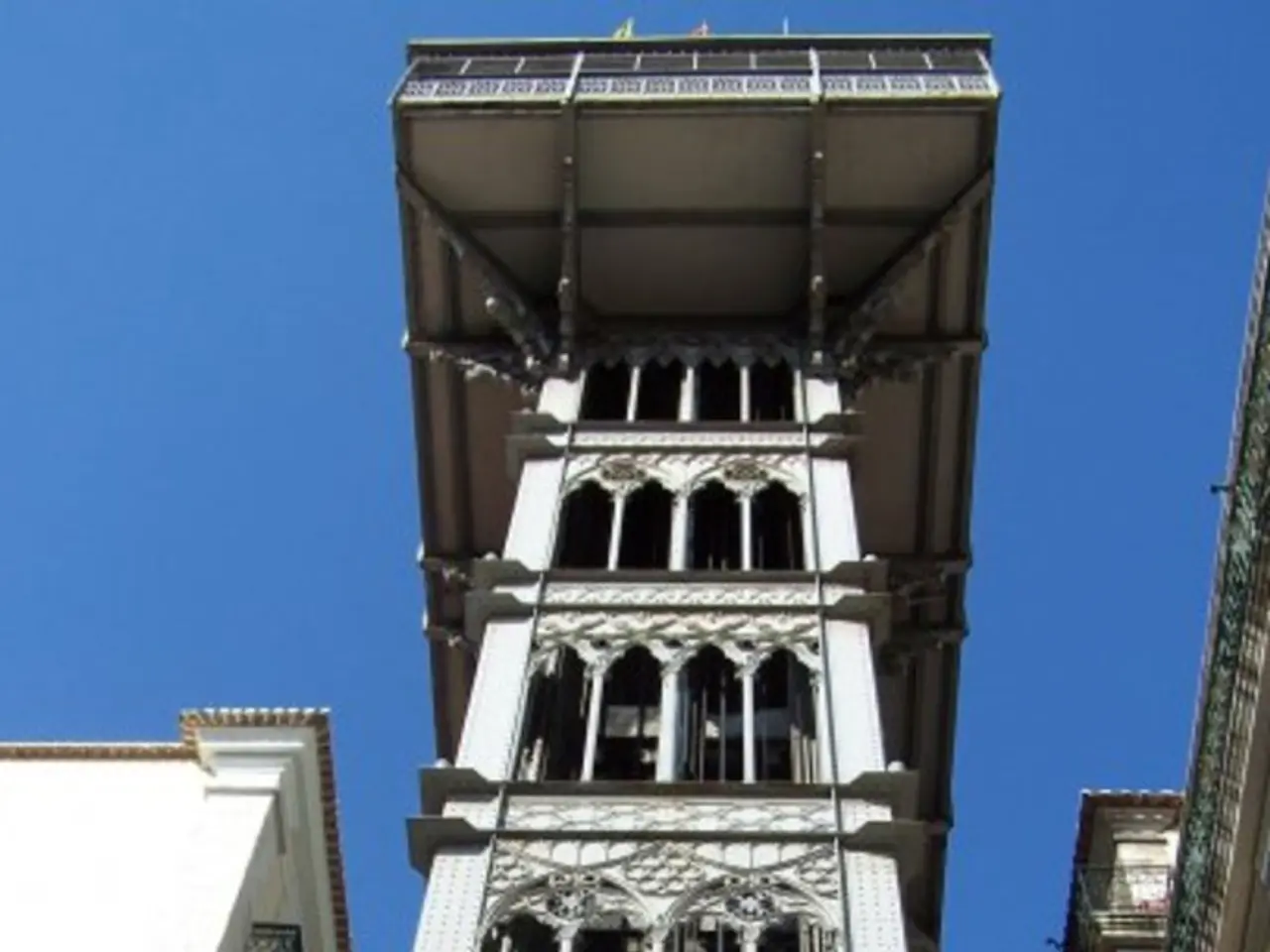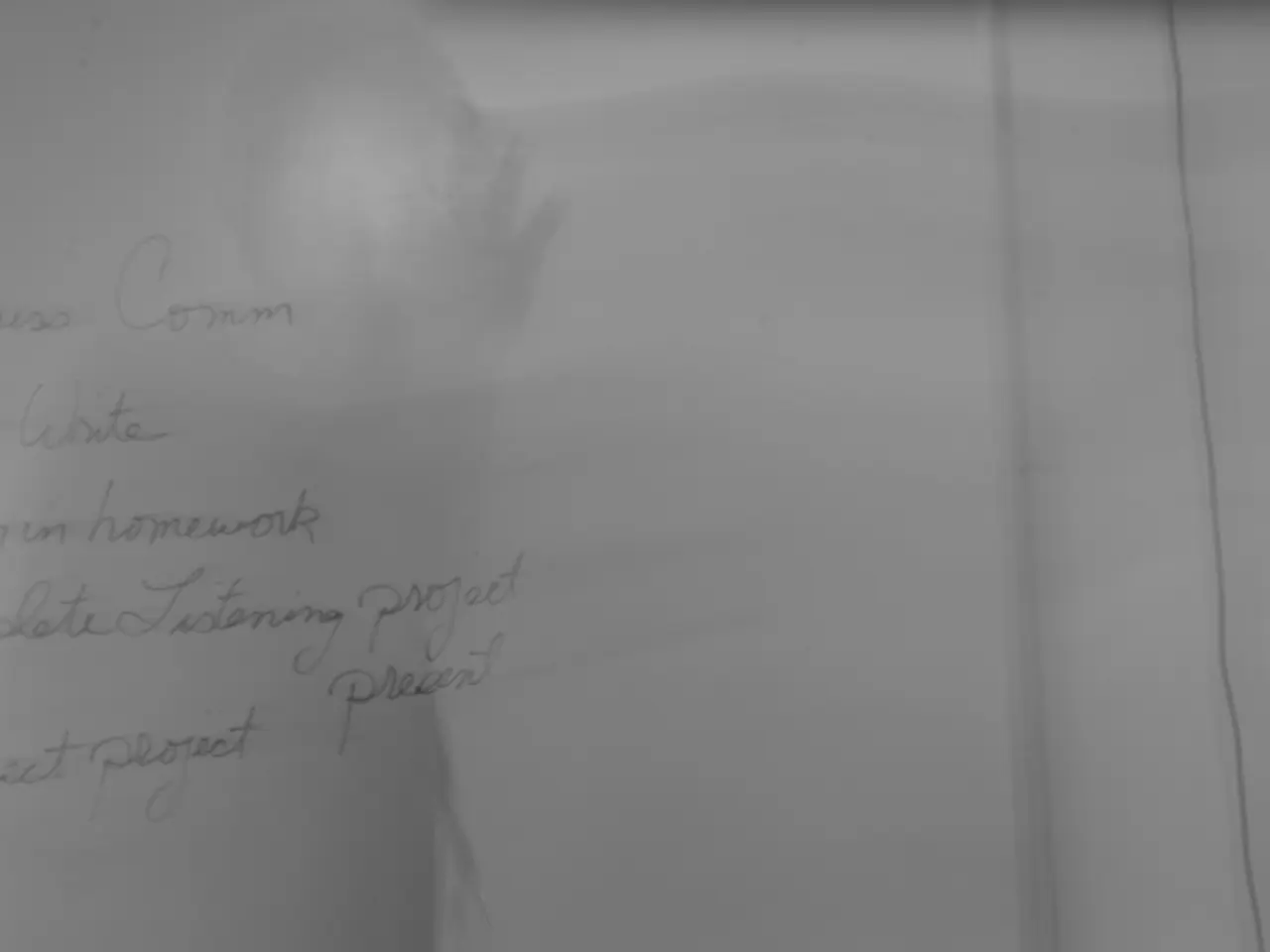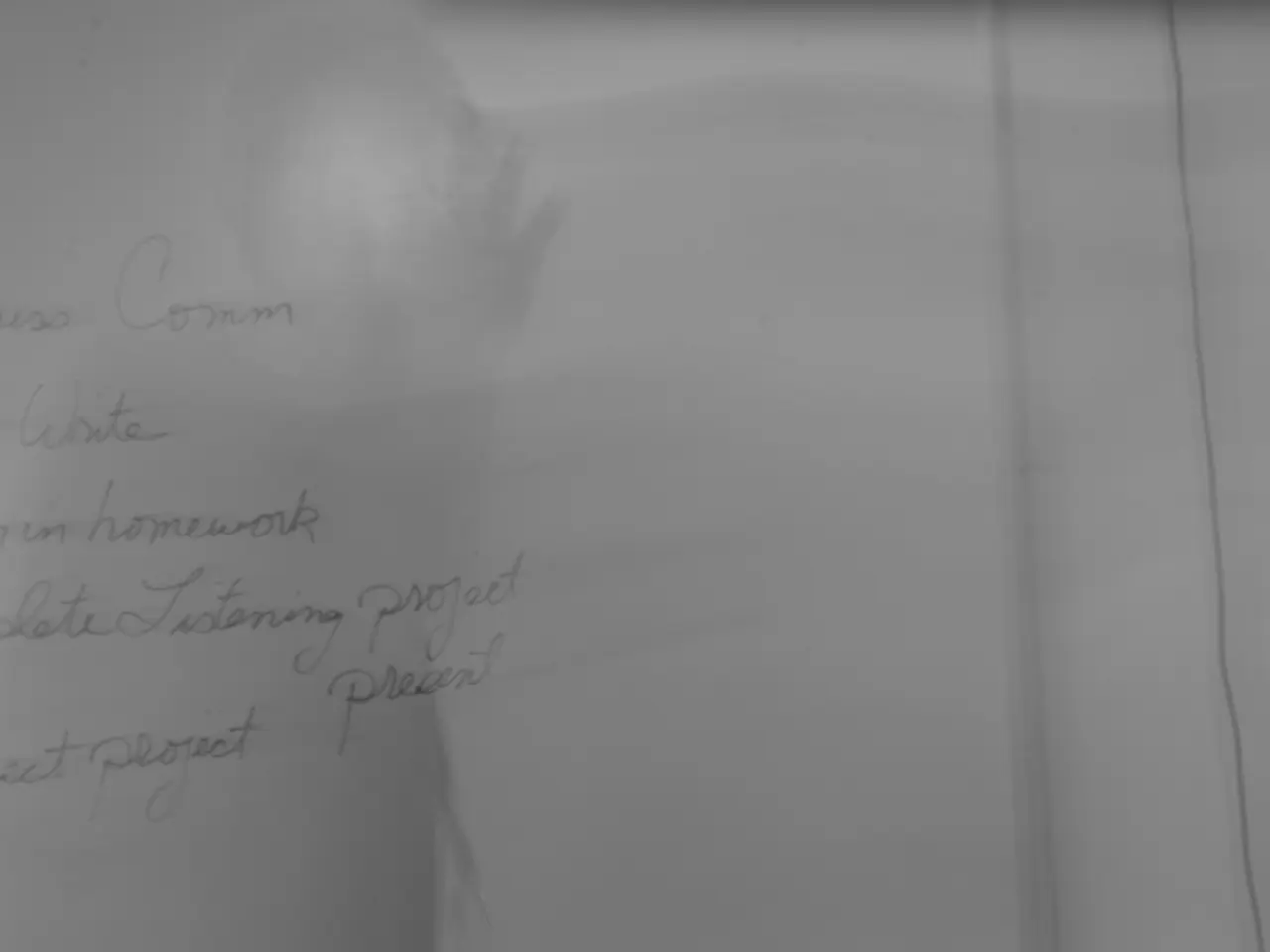Decrease in Water Consumption: Current Water Reduction Measures Implemented in a German Region
The district of Peine is grappling with a water crisis, as groundwater extraction exceeds natural replenishment, leading to a significant drop in groundwater levels. This situation, exacerbated by persistent drought and high temperatures, has prompted the district to implement water conservation measures.
Environmental Impacts
The depletion of groundwater resources in Peine poses a threat to local ecosystems. Over-extraction could lead to irreversible damage to the water table, potentially causing permanent harm to plants and animals[1]. The drying up of groundwater sources may also result in habitat destruction and biodiversity loss[1]. Furthermore, land subsidence, a phenomenon observed in areas like California's Central Valley, could become a concern if the situation continues unabated[2].
Human and Economic Impacts
The water crisis in Peine has far-reaching human and economic implications. Agriculture, a significant sector in the district, is directly affected by the dwindling water supplies, threatening food security[1][2]. As groundwater levels decline, the cost of extraction increases, placing a financial burden on communities and industries[1]. The water scarcity also jeopardizes human consumption and hygiene needs[2]. Economically, the long-term sustainability of the region is compromised, as diminishing resources limit economic growth[2].
Global Concerns
The water crisis in Peine is not isolated. Groundwater depletion contributes to sea level rise by redistributing water from aquifers to the oceans, although this is a smaller factor compared to melting ice[4]. Climate change exacerbates groundwater depletion by altering precipitation patterns, further pressuring water resources[2][4].
Solutions and Management Strategies
To mitigate the water crisis, the district of Peine has implemented several measures. These include a daily ban on the irrigation of public and private green and sports areas when the temperature exceeds 24 degrees Celsius[3]. Additionally, large-scale irrigation systems such as drum systems, hose drums, sprinklers, and irrigation cannons are especially affected[3]. Sports facilities, private gardens, public green spaces, and even football pitches are not exempt from these restrictions[4].
To ensure sustainable water use, the district is also exploring long-term solutions. These include regulating groundwater extraction, implementing rainwater harvesting and artificial recharge methods, mapping and planning water-stressed areas, and promoting sustainable water management strategies like efficient irrigation systems and water-saving technologies[5].
References: [1] BUND (2021) Groundwater depletion in Germany: A growing concern. Retrieved from https://www.bund.net/aktuell/bund-in-aktion/grundwasser-abbau-in-deutschland-eine-wachsende-besorgnis-10938634
[2] National Geographic (2019) Groundwater depletion: A growing crisis. Retrieved from https://www.nationalgeographic.com/environment/freshwater/groundwater-depletion-a-growing-crisis/
[3] District of Peine (2021) Water conservation measures implemented due to low groundwater levels. Retrieved from https://www.peine.de/news/wasser-sparen-in-der-stadt-peine-grundwasser-mangel-bekaempft/
[4] United Nations (2019) Groundwater: The invisible resource under strain. Retrieved from https://www.un.org/sustainabledevelopment/blog/2019/03/groundwater-the-invisible-resource-under-strain/
[5] World Resources Institute (2020) Groundwater management: Key to sustainable water use. Retrieved from https://www.wri.org/insights/groundwater-management-key-sustainable-water-use
The crisis in Peine's water resources, coupled with climate change, poses a threat to other science fields, such as environmental-science, as the depletion could lead to environmental disasters like habitat destruction and biodiversity loss. In light of the other science implications, the weather may also be affected, as the depletion of groundwater sources could disrupt the local climate, creating a vicious cycle of climate-change and water scarcity.








